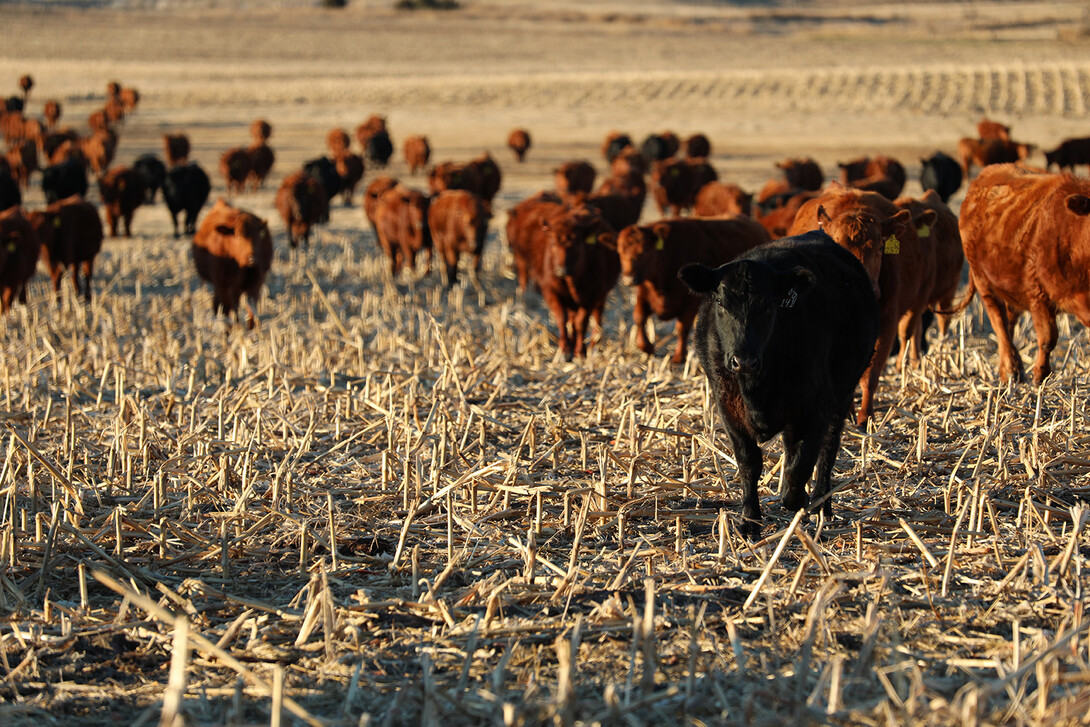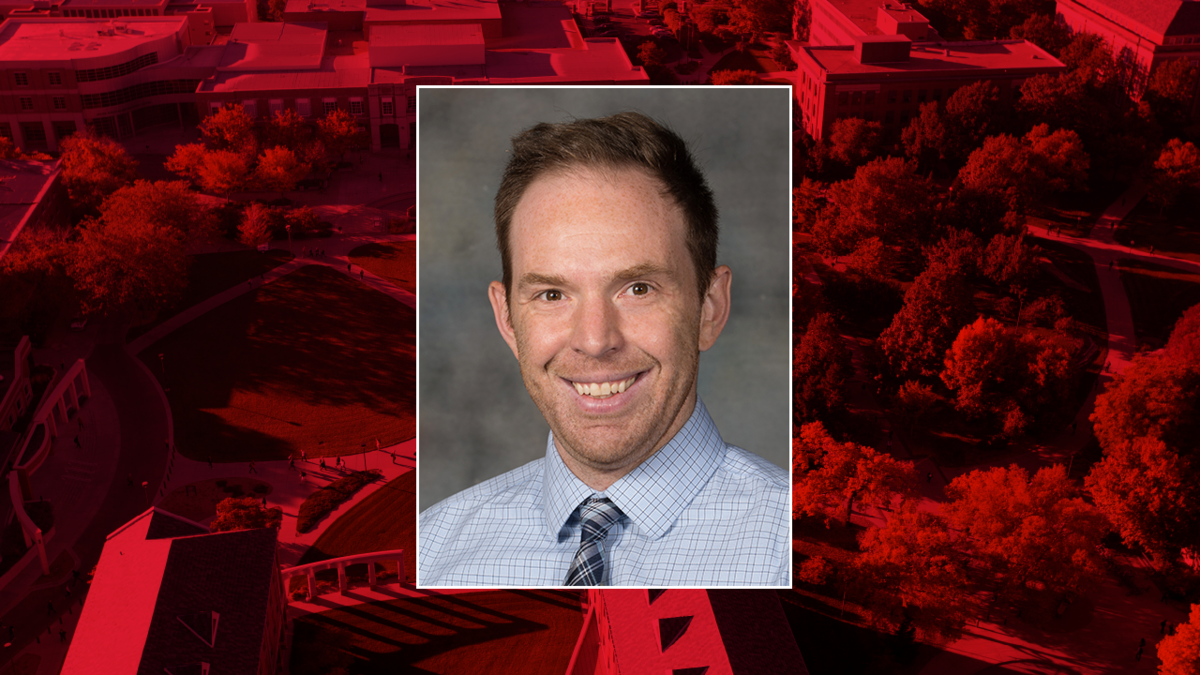
Amid historic lows in the nation’s cowherd, the University of Nebraska–Lincoln and South Dakota State University are spearheading the Great Plains Heifer Development Program, to help beef producers optimize heifer development and reproductive efficiency at the Haskell Agricultural Laboratory near Concord, Nebraska.
Connor Biehler, beef extension educator at Nebraska, and Kiernan Brandt, professional service technician with Trans Ova Genetics and former extension educator with SDSU, have a shared vision of optimizing and enhancing reproductive efficiency and heifer development. Ultimately, the program could help shape the future of the beef industry.
The program is opening its doors to consigners eager to enhance their heifer development strategies, offering a blend of services focused on the foundational principles of heifer selection, feeding, management strategies, genetic tools for sire selection, estrus synchronization protocols, post breeding management, and more. Producers will have opportunities to work with researchers and extension specialists from both Nebraska and SDSU.
“This is where the rubber meets the road for cattle producers, where we can address the real challenges producers encounter in optimizing heifer reproduction, making informed breeding decisions, and ensuring the longevity and productivity of their herds,” Biehler said. “It’s about making a direct, positive impact on the efficiency, productivity and profitability for Nebraska’s cattle producers.”
Genetic tools are advancing rapidly, and the Great Plains Heifer Development Program will serve as a platform for testing cutting-edge technologies, all while staying in alignment with Beef Improvement Federation genetic goals to ensure the heifers not only meet but advance industry standards.
“This program is more than just a service; it’s a transformative opportunity for producers,” Brandt said. “We’re not only streamlining the heifer development process, but also bringing in the latest technologies to empower producers with valuable data about their herds.”
Beyond providing a service, the Great Plains Heifer Development Program seeks to create a robust learning community. Producers are encouraged to actively engage, fostering open communication and knowledge sharing. Collaboration is invited, including contributions from producers who may want to provide high-accuracy sires or genetic input.
“As we delve into this initiative, it’s not just about providing a service; it’s about creating a valuable learning community,” said Rick Rasby, a professor with Nebraska’s Animal Science Department. “We want producers to come together, share insights, and collectively elevate the efficiency and genetic prowess of their herds. This isn’t just about increasing numbers; it’s about improving the quality of the cowherd. It’s about creating resilient, flexible, and knowledgeable producers who are well-informed about the status of their herds.”
The program will begin accepting cattle in mid-December. To learn more about heifer qualification guidelines, health requirements and more, contact Biehler at 402-624-8007 or cbiehler2@unl.edu.







